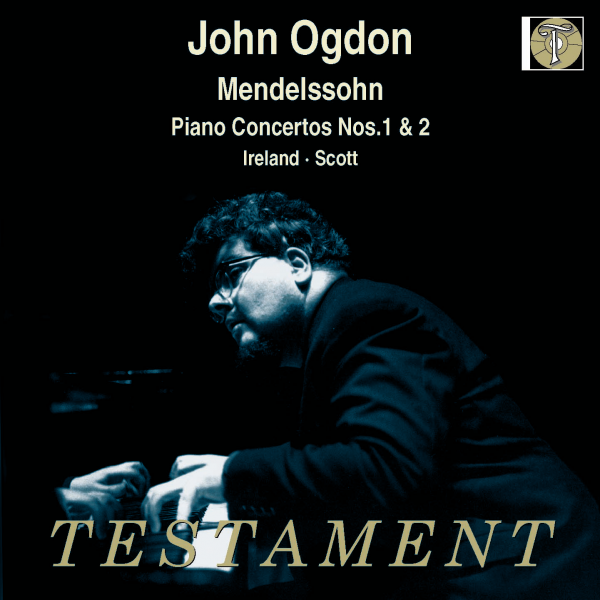Logowanie
Dlaczego wszystkjie inne nie brzmią tak jak te?
Chai Lang, Fan Tao, Broadcasting Chinese Orchestra
Illusive Butterfly
Butterly - motyl - to sekret i tajemnica muzyki chińskiej.
SpeakersCorner - OSTATNIE!!!!
RAVEL, DEBUSSY, Paul Paray, Detroit Symphony Orchestra
Prelude a l'Apres-midi d'un faune / Petite Suite / Valses nobles et sentimentales / Le Tombeau de Couperin
Samozapłon gwarantowany - Himalaje sztuki audiofilskiej
PROKOFIEV, Stanislaw Skrowaczewski, Minneapolis Symphony Orchestra
Romeo and Juliet
Stanisław Skrowaczewski,
✟ 22-02-2017
BARTOK, Antal Dorati, Philharmonia Hungarica
Dance Suite / Two Portraits / Two Excerpts From 'Mikrokosmos'
Samozapłon gwarantowany - Himalaje sztuki audiofilskiej
ENESCU, LISZT, Antal Dorati, The London Symphony Orchestra
Two Roumanian Rhapsodies / Hungarian Rhapsody Nos. 2 & 3
Samozapłon gwarantowany - Himalaje sztuki audiofilskiej
Winylowy niezbędnik
ClearAudio
Cartridge Alignment Gauge - uniwersalny przyrząd do ustawiania geometrii wkładki i ramienia
Jedyny na rynku, tak wszechstronny i właściwy do każdego typu gramofonu!
ClearAudio
Harmo-nicer - nie tylko mata gramofonowa
Najlepsze rozwiązania leżą tuż obok
IDEALNA MATA ANTYPOŚLIZGOWA I ANTYWIBRACYJNA.
Wzorcowe
Carmen Gomes
Celebrating the art and spirit of music - vol. 5 - Reference Songs
- CHCECIE TO WIERZCIE, CHCECIE - NIE WIERZCIE, ALE TO NIE JEST ZŁUDZENIE!!!
Petra Rosa, Eddie C.
Celebrating the art and spirit of music - vol. 3 - Pure
warm sophisticated voice...
SAMPLER - STS DIGITAL, Gregor Hamilton
Celebrating the art and spirit of music - vol. 2 - Love songs from Gregor Hamilton
...jak opanować serca bicie?...
SAMPLER - STS DIGITAL
Celebrating the art and spirit of music - vol. 1 - Leonardo Amuedo
Największy romans sopranu z głębokim basem... wiosennym
Lils Mackintosh
Celebrating the art and spirit of music - vol. 4 - A Tribute to Billie Holiday
Uczennica godna swej Mistrzyni
MENDELSSOHN, John Ogdon, The London Symphony Orchestra, Aldo Ceccato
Piano Concertos Nos. 1 and 2
- 1. Piano Concerto No. 1 in G minor, Op. 25 (20:34)
- 2. Piano Concerto No. 2 in D minor, Op. 40 (26:14)
- 3. Rondo brillant, for piano & orchestra in E flat major, Op. 29 (9:36)
- 4. The Holy Boy, prelude for piano (from Preludes (4)) (4:03)
- 5. April, for piano (from "Pieces (2) (1925)") (3:42)
- 6. Lotus Land for piano, Op. 47/1 (W 183) (4:15)
- 7. Danse Negre, for piano, Op. 58/5 (W 89) (2:00)
- John Ogdon - piano
- The London Symphony Orchestra - orchestra
- Aldo Ceccato - conductor
- MENDELSSOHN
Collectors in the early 1970s could count on John Ogdon's Mendelssohn concertos as plausible supplements to Rudolf Serkin's fiery reference versions--his fingers still commanded all the sparkle and sensitivity these works demand. For instance, his rapid chord playing in the finales boasts exceptional control of voicing, while the D minor's lyrical central movement, if somewhat sober next to more malleable treatments from András Schiff, Stephen Hough, and Jean-Yves Thibaudet, is spun out in sustained arcs. The London Symphony plays well for Aldo Ceccato but lacks both the breathtaking textural diversity Herbert Blomstedt inspires from the Leipzig Gewandhaus Orchestra (accompanying Thibaudet) and the opulent yet incisive strings exemplified by the Philadelphia Orchestra under Eugene Ormandy. The Rondo Brilliante is a shade foursquare and earthbound: it could have benefited from the scintillation and drive that distinguishes Serkin's recording. Lastly, Ogdon plays the John Ireland and Cyril Scott fillers as though he's sight-reading them to perfection while keeping emotional distance from their sexy harmonic language and wistful atmosphere. While Ogdon fans will be pleased to hear these Mendelssohn concertos, the aforementioned Schiff, Hough, and Thibaudet versions match, often surpass, and sonically supercede this release. [7/9/2003] (Jed Distler, ClassicsToday.com)
























